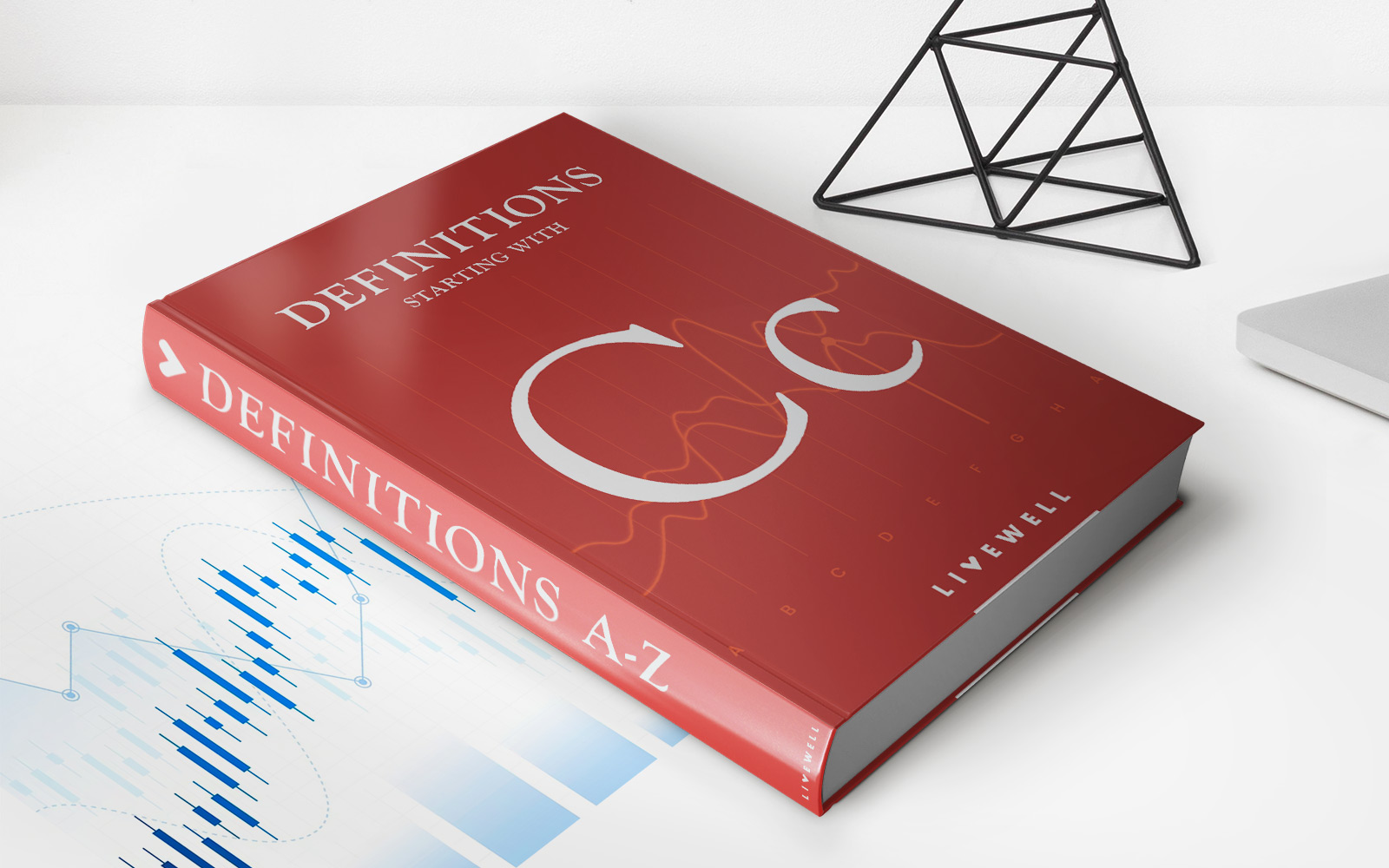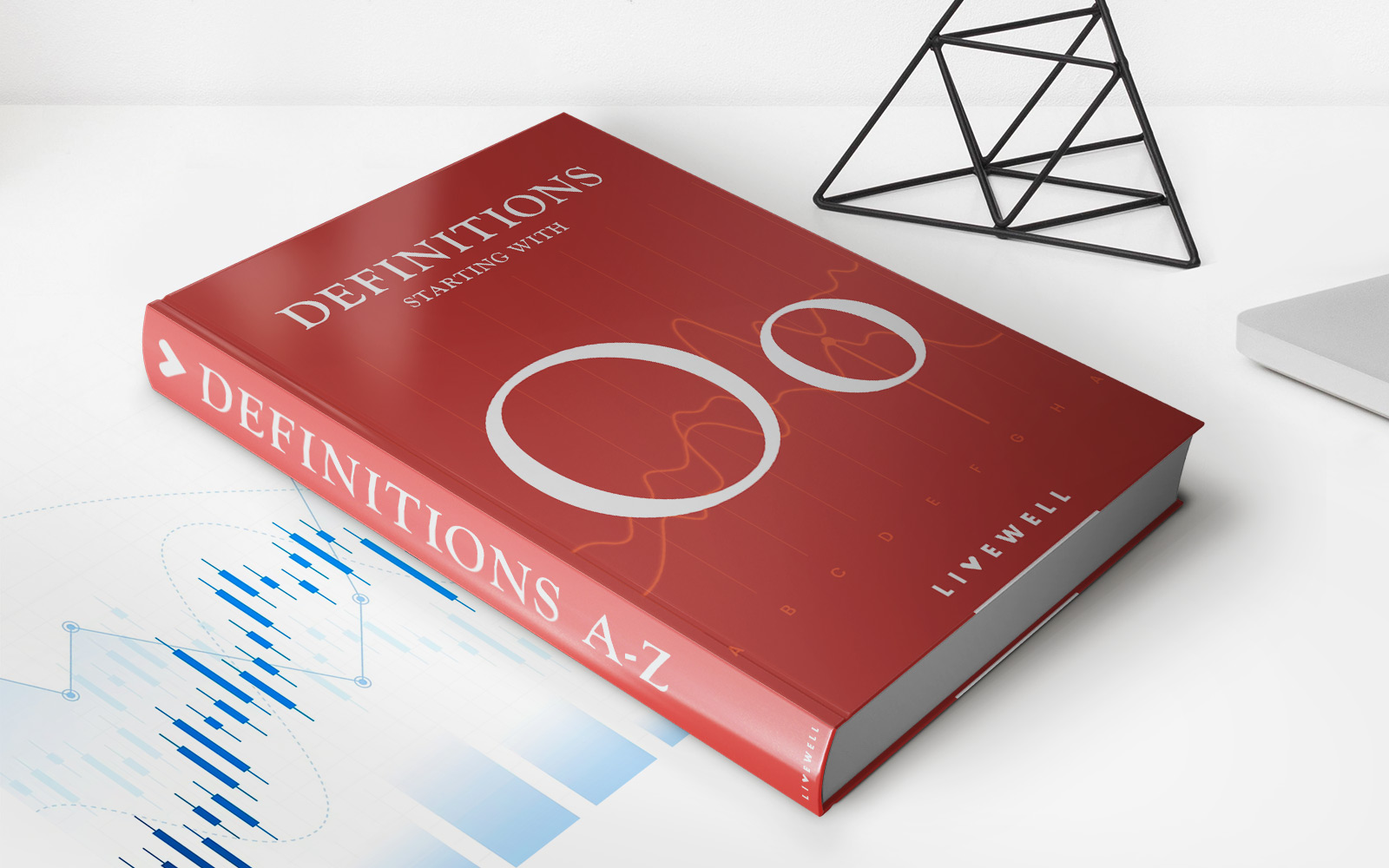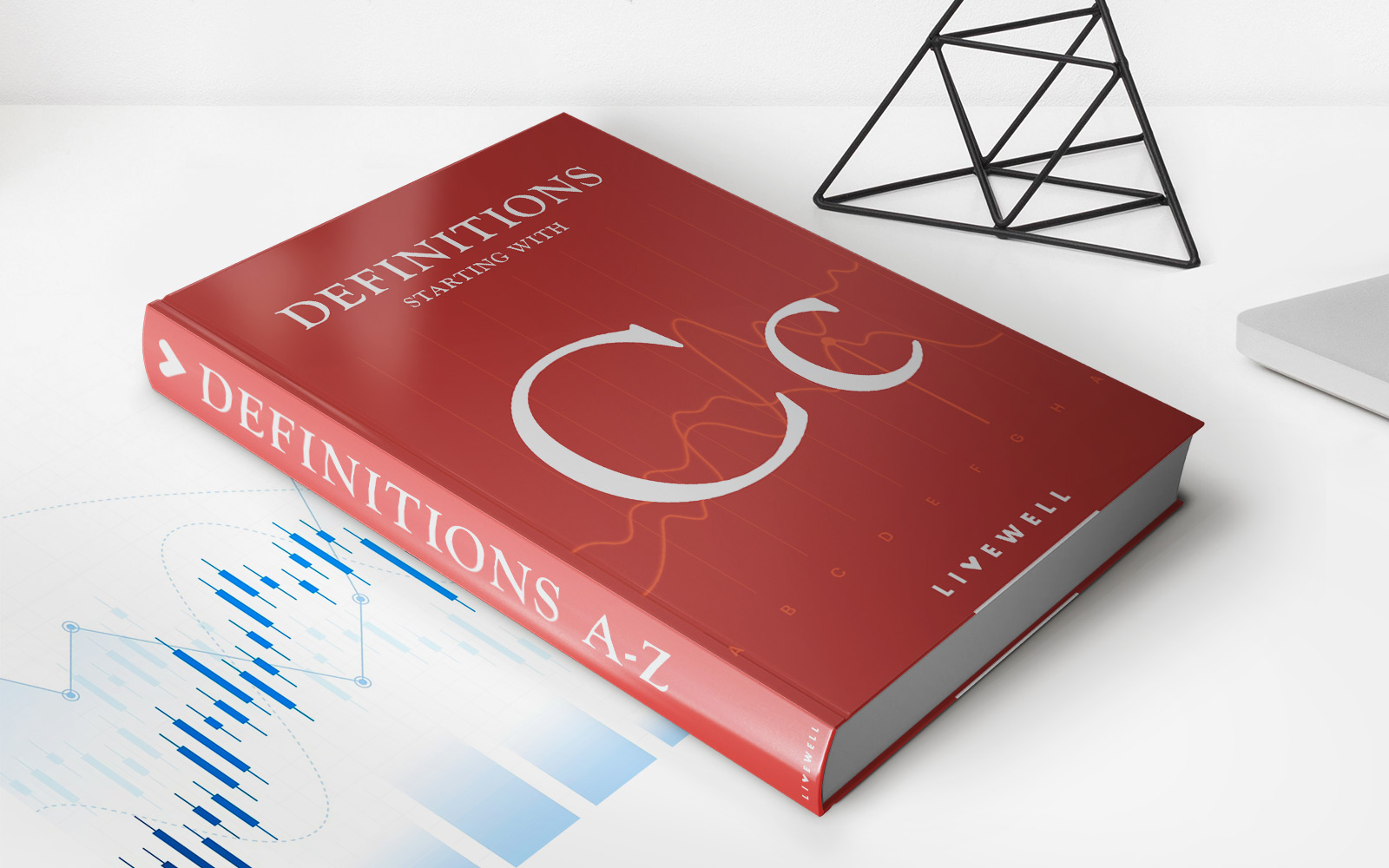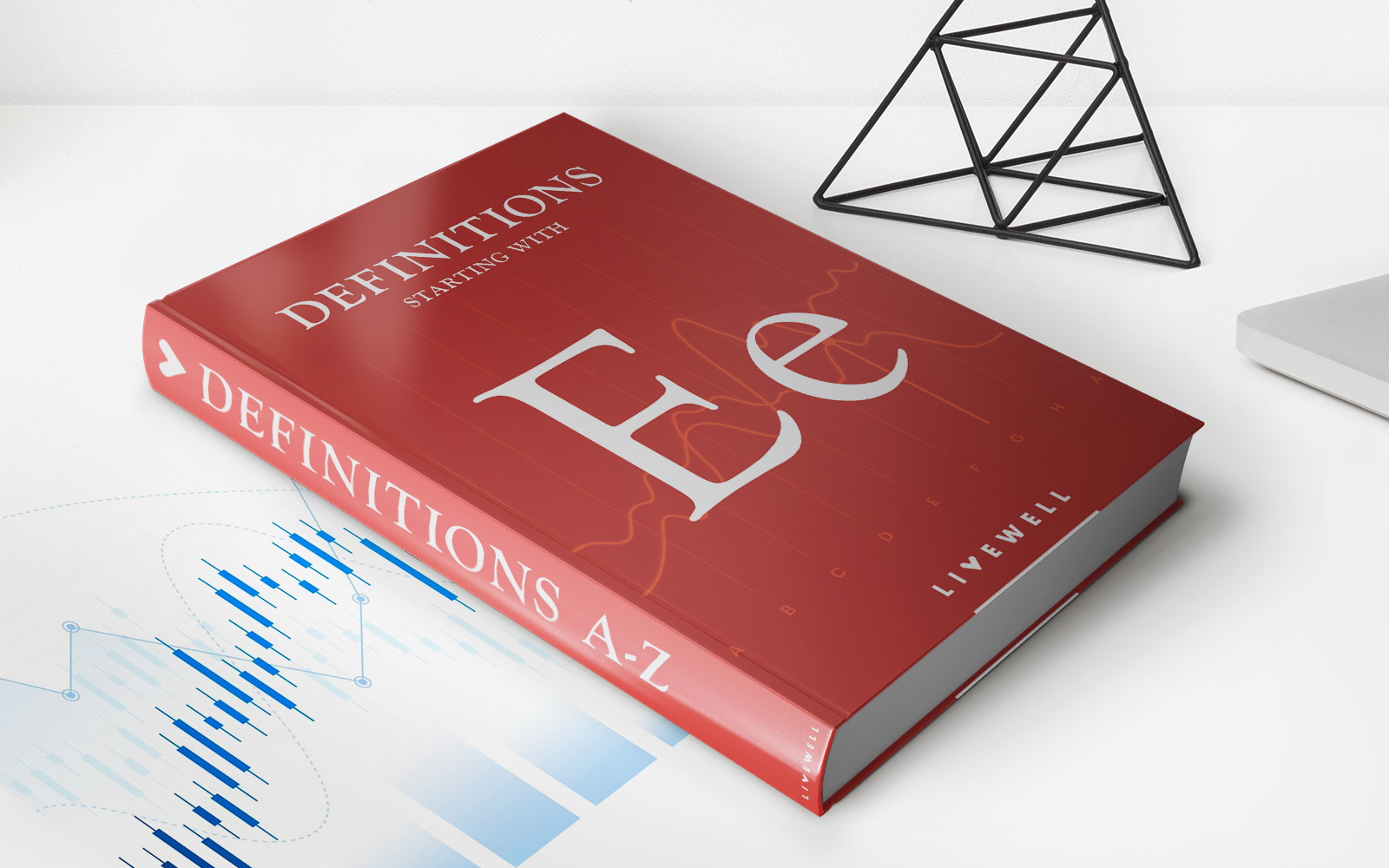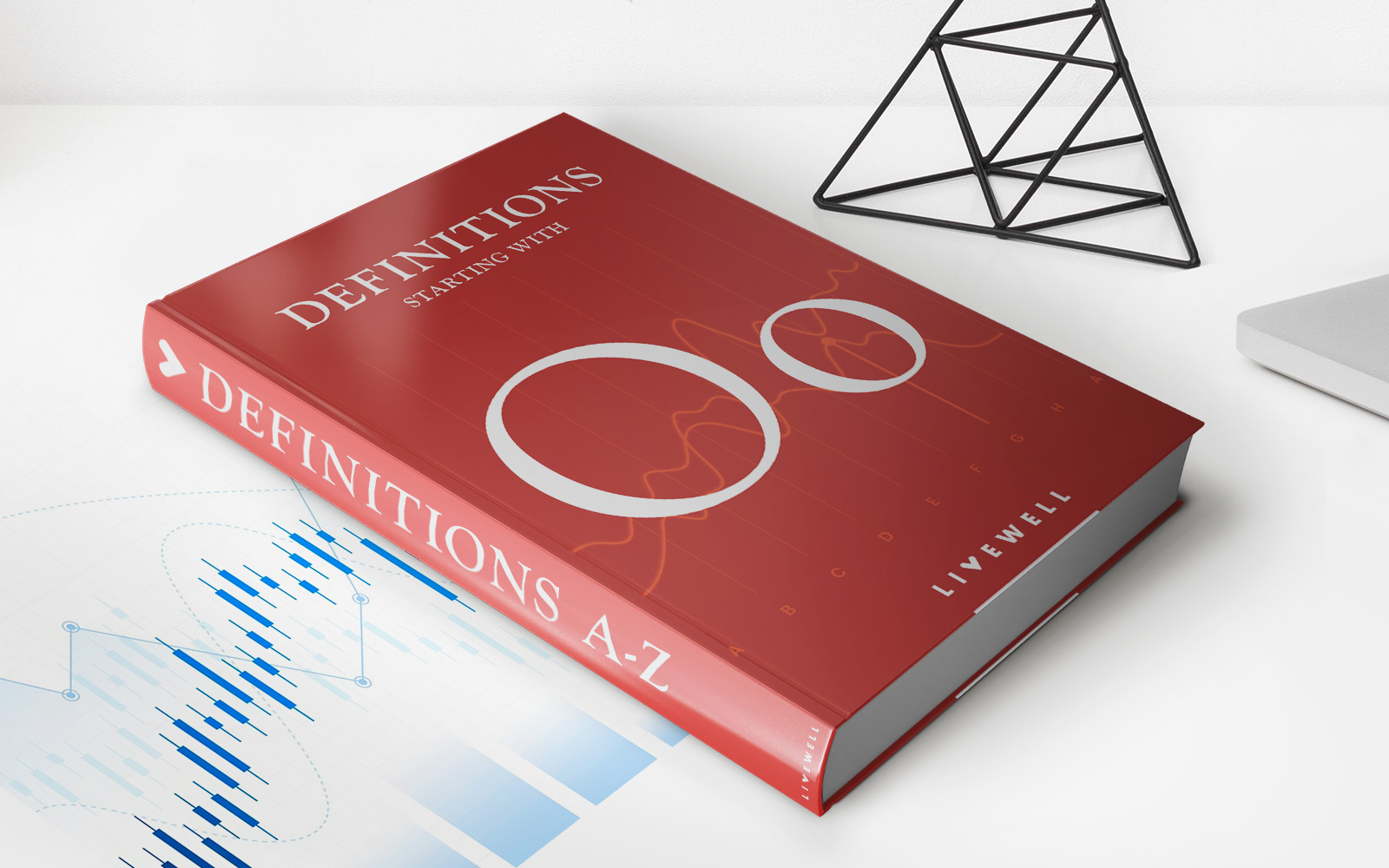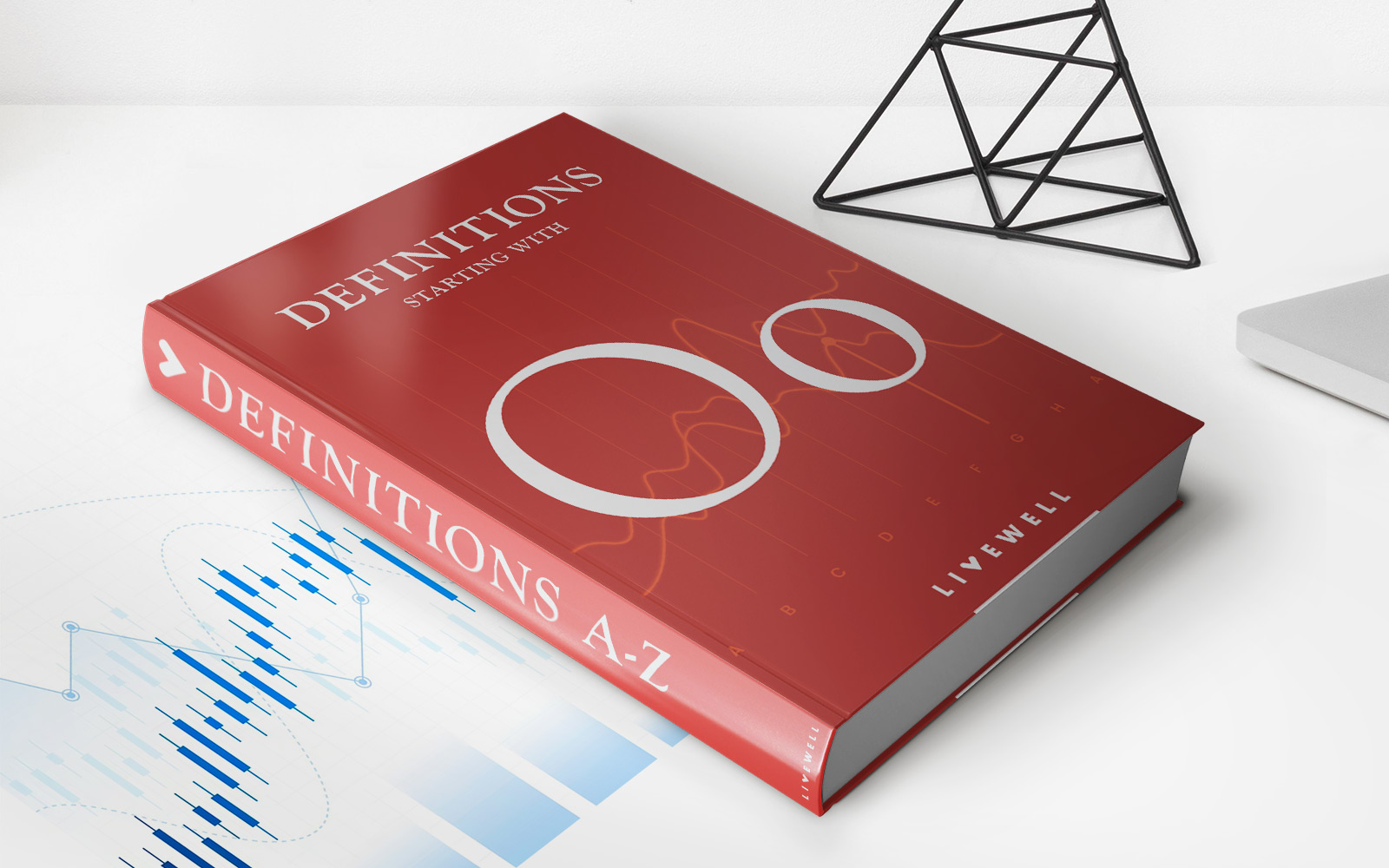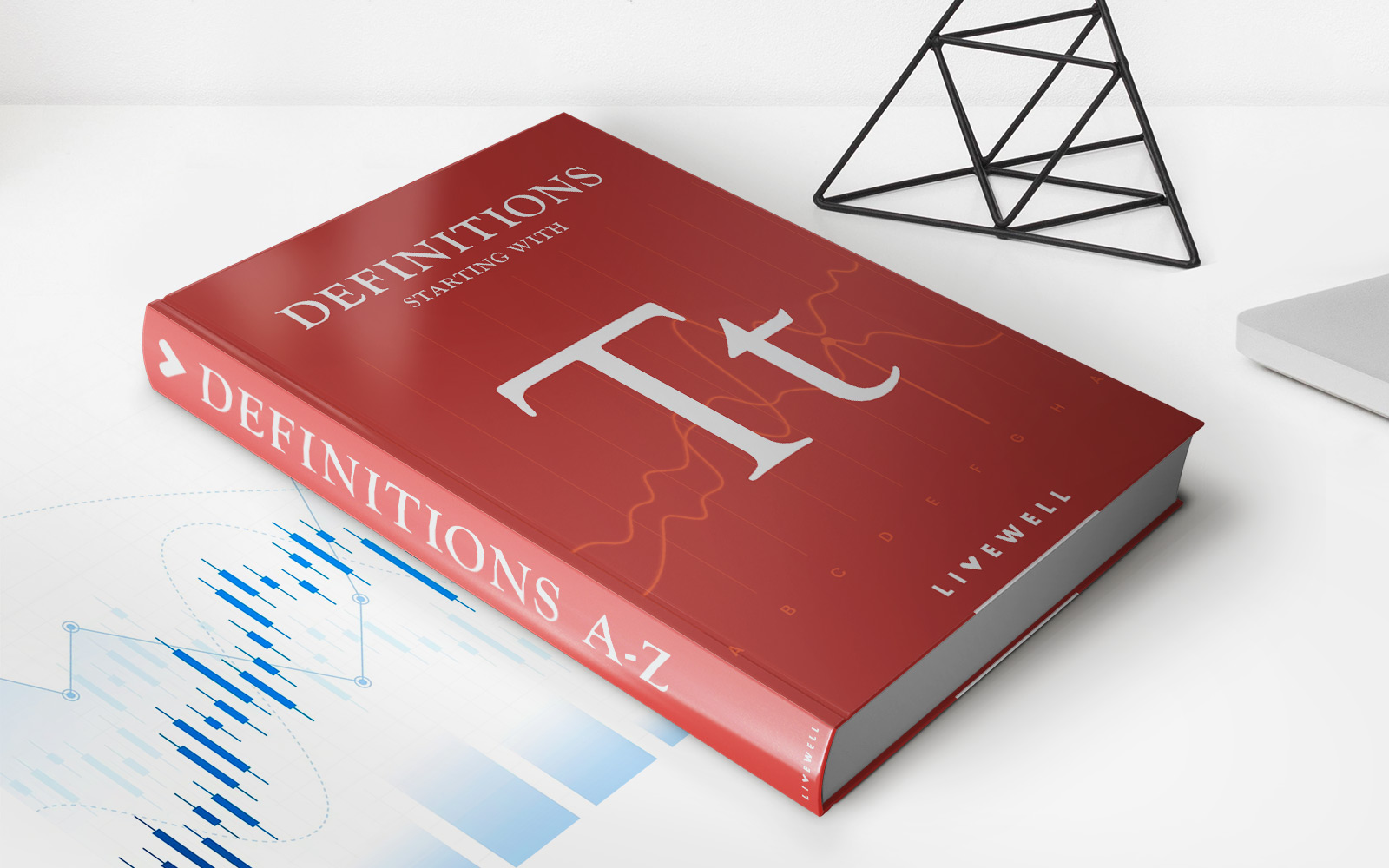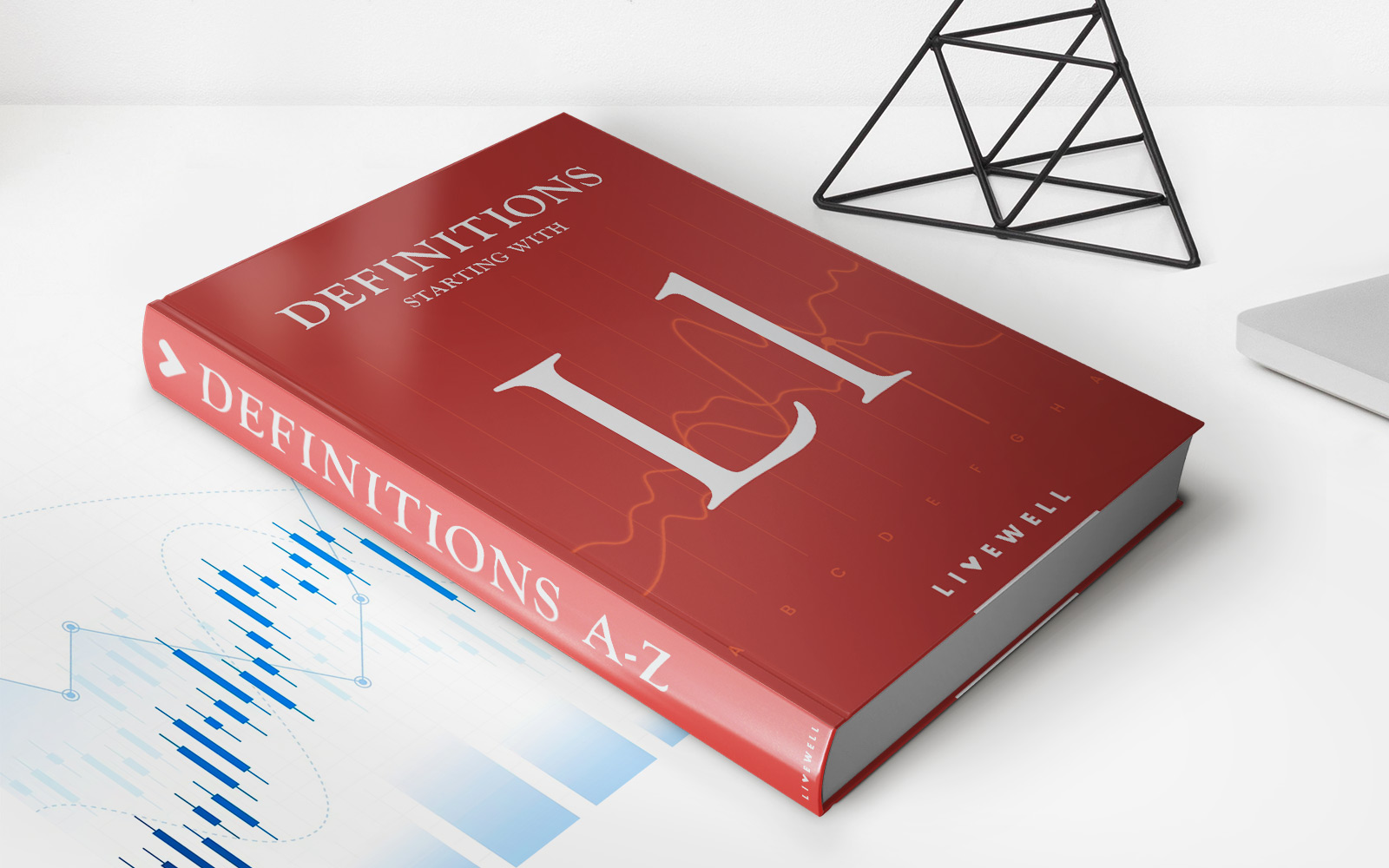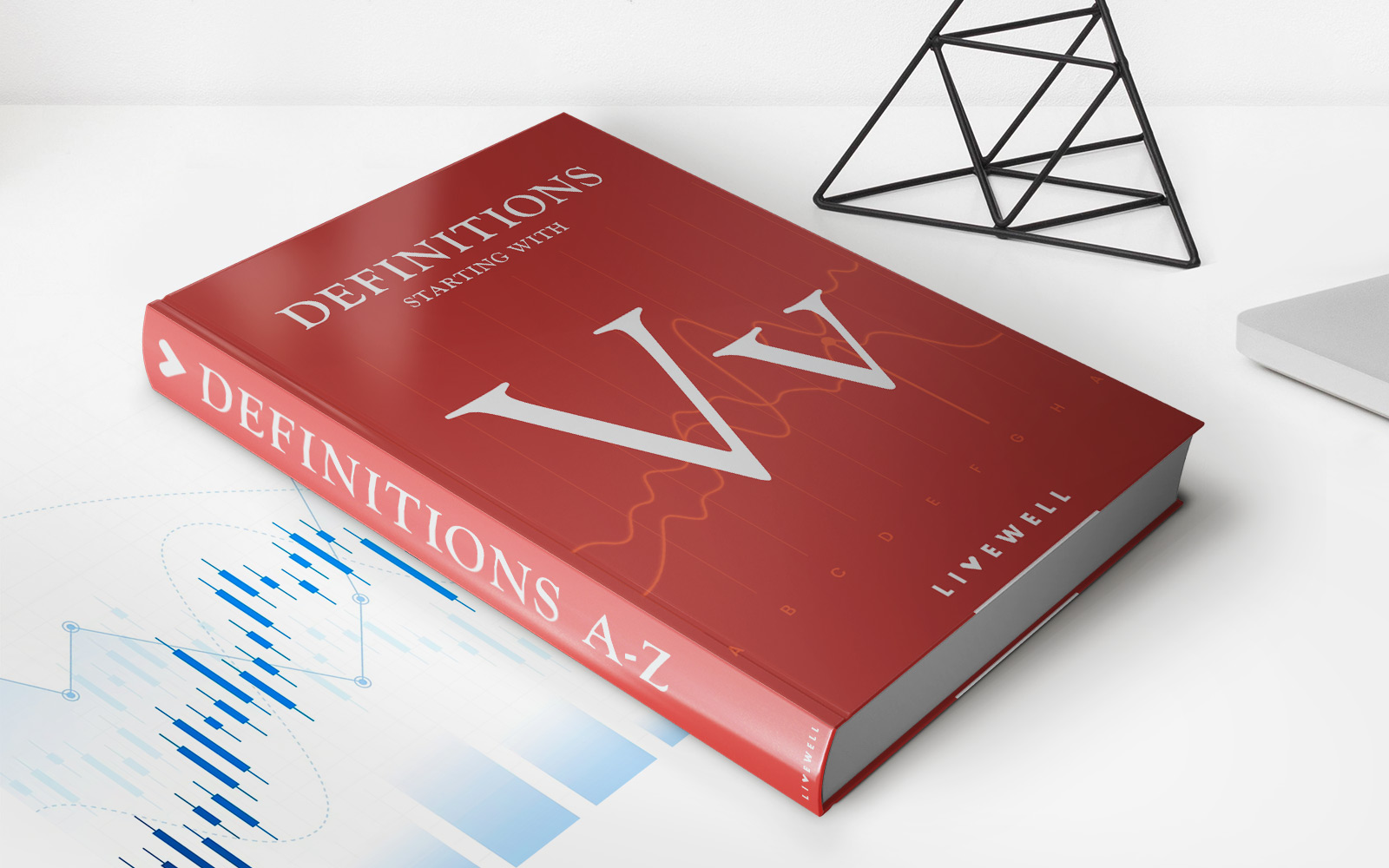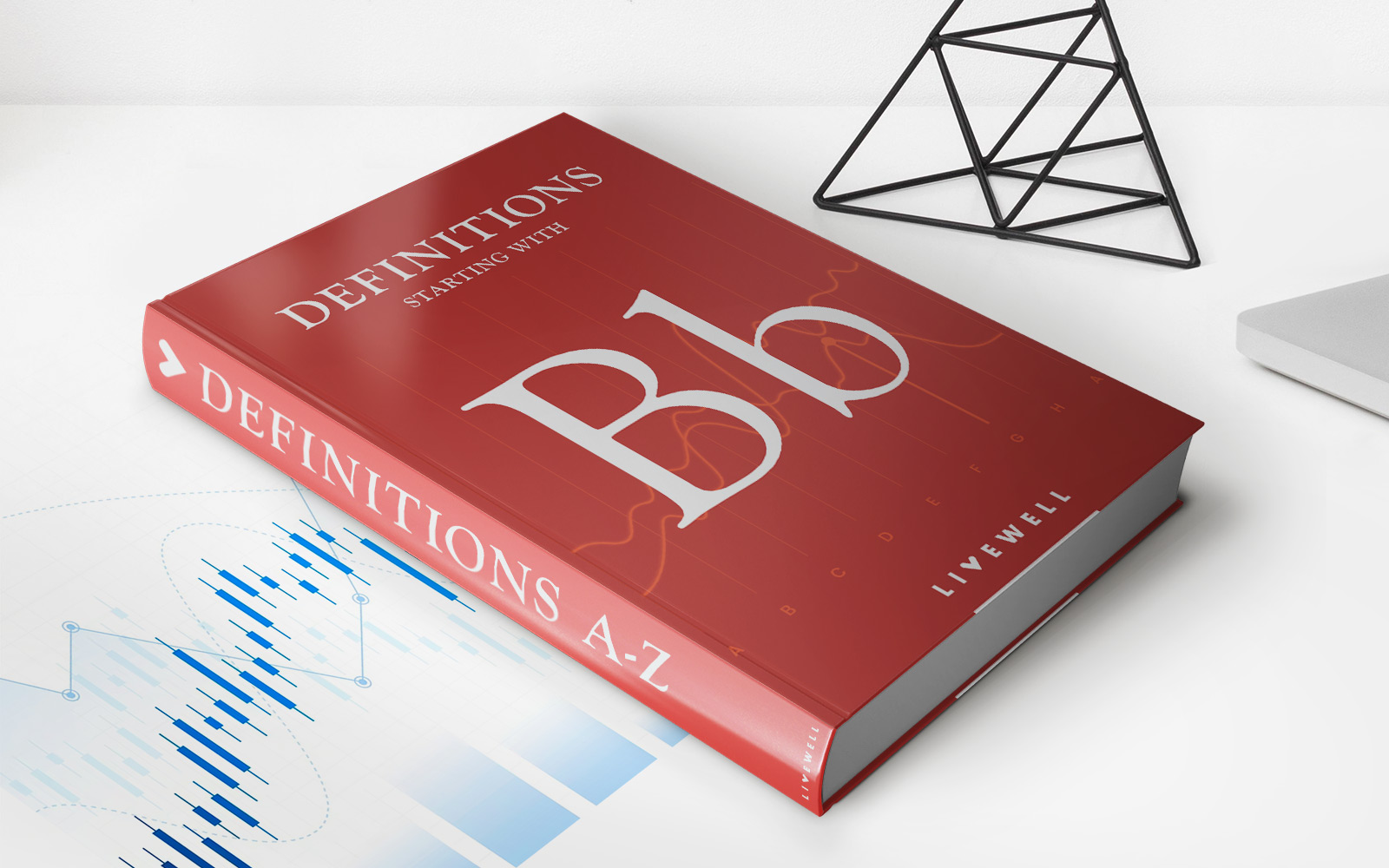Home>Finance>Operating Expense Definition And How It Compares To Capital Expenses
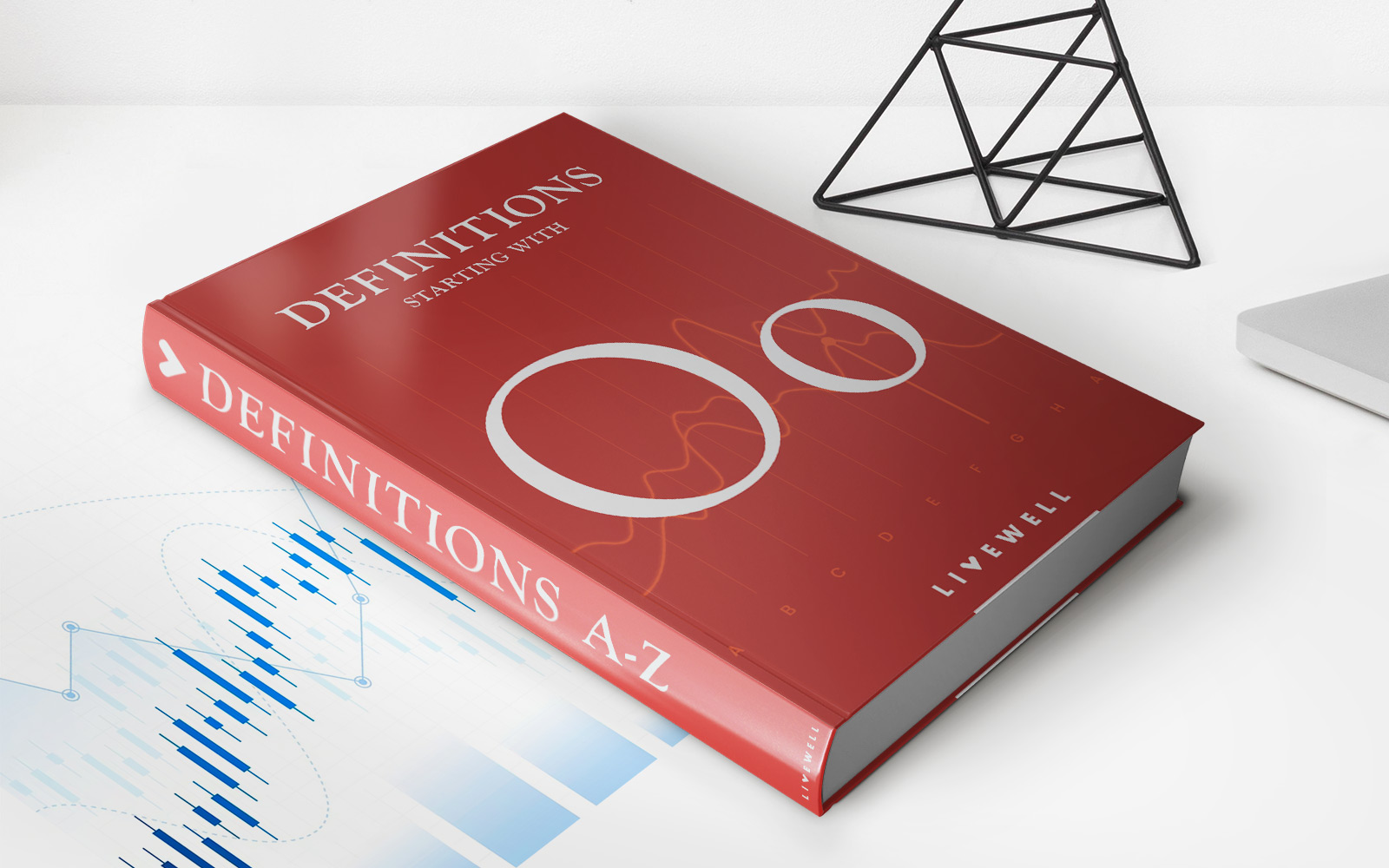

Finance
Operating Expense Definition And How It Compares To Capital Expenses
Published: January 3, 2024
Learn the definition of Operating Expense in finance and understand how it differs from Capital Expenses. Discover key insights to optimize your financial management.
(Many of the links in this article redirect to a specific reviewed product. Your purchase of these products through affiliate links helps to generate commission for LiveWell, at no extra cost. Learn more)
Understanding Operating Expenses and Their Impact on Your Finances
When it comes to managing your finances, understanding the different types of expenses is essential. One such expense that plays a crucial role in your financial health is operating expenses. In this article, we will dive deep into the operating expense definition and how it compares to capital expenses. So, let’s get started!
Key Takeaways:
- An operating expense is a cost incurred by a business in its day-to-day operations.
- Capital expenses, on the other hand, refer to expenses that are incurred for long-term investments in assets.
Operating expenses, often referred to as OPEX, encompass all the costs associated with running a business smoothly. These expenses are incurred on a regular basis and are crucial for the day-to-day operations of a company. Some common examples of operating expenses include employee salaries, utility bills, rent, supplies, marketing expenses, and maintenance costs.
On the other hand, capital expenses are incurred when a company invests in long-term assets that have a useful life beyond the current accounting period. These expenses involve acquiring or upgrading fixed assets like buildings, machinery, or vehicles. Unlike operating expenses, capital expenses are capitalized and depreciated over time.
Now that we have a basic understanding of the difference between operating expenses and capital expenses, let’s explore some key points that set them apart:
- Impact on Financial Statements: Operating expenses are deducted from revenue to calculate the operating income of a business. They have an immediate impact on the company’s profitability and are crucial for determining net income. Capital expenses, on the other hand, are not immediately deducted from revenue. Instead, they are capitalized and depreciated over time, which impacts the company’s balance sheet and long-term financial health.
- Tax Treatment: Operating expenses are typically deductible in the same year they are incurred, reducing the company’s taxable income. This allows businesses to lower their tax burden. In contrast, capital expenses are not fully deductible in the year of purchase. Instead, they are depreciated over the useful life of the asset, which provides tax benefits over multiple years.
Understanding the difference between operating expenses and capital expenses is crucial for effective financial planning and decision making. By properly categorizing and managing your expenses, you can optimize your cash flow, improve profitability, and make informed investment decisions.
So, whether you are a business owner, a financial planner, or an investor, understanding these fundamental concepts will empower you to make smarter financial choices. By keeping a close eye on your operating expenses and capital expenses, you can develop a robust financial strategy that leads to sustainable growth for your business.
Remember, it’s not just about making money; it’s about managing it effectively!
